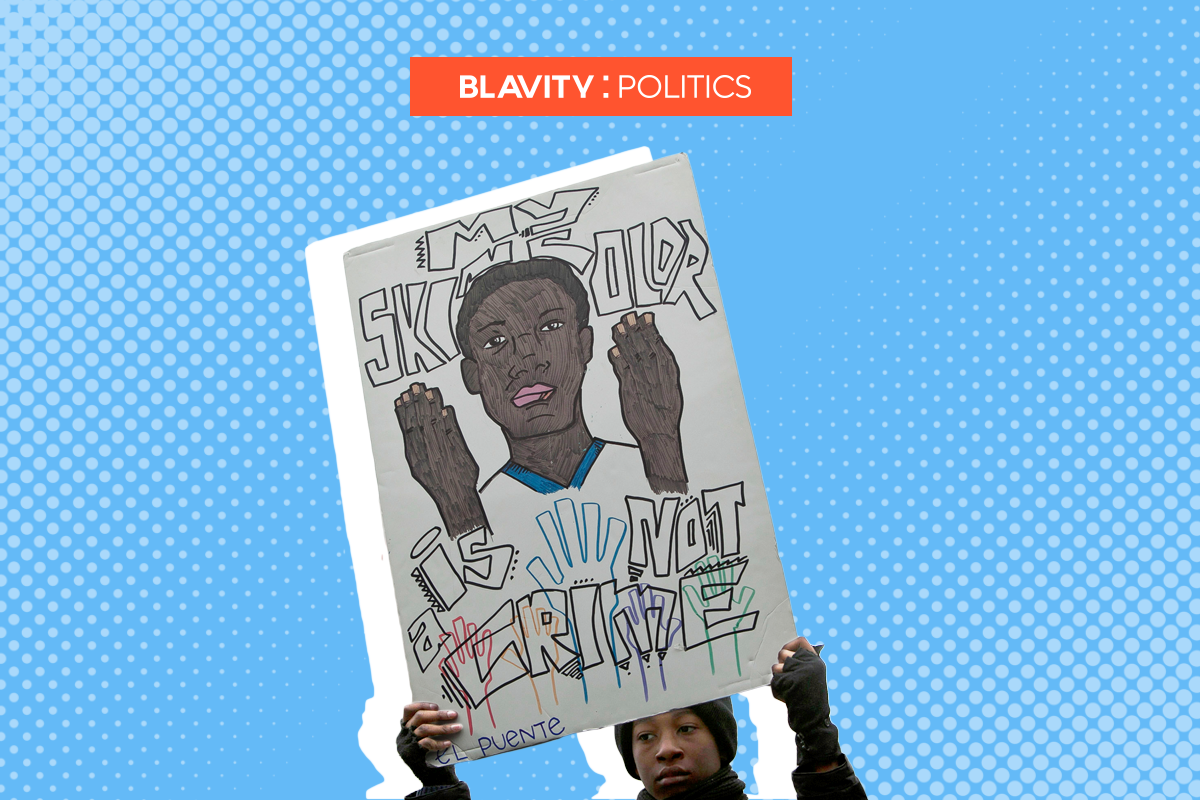A new study has linked contact with law enforcement to increased criminal behavior in black adolescents. Publishers of the study suggest “stop-and-frisk” strategies are doing more harm than good.
The study was published by the National Academy of Sciences, a private institution tasked with researching and advising the nation on select issues. The study features examples of harmful police strategies, seen throughout the nation.
“Our findings suggest the single most common proactive policing strategy — directing officers to make contact with individual boys and young men in “high-crime” areas — may impose a terrible cost. Our findings suggest police stops are associated with harmful outcomes for young boys in those neighborhoods and that they may be even more harmful when they occur earlier in boys’ lives,” said the author of the study, Juan Del Toro.
The study followed 645 black and Latino boys from six public high schools, in high-intensity policing neighborhoods, of what was described as a “large city in the southern United States.” Over a two year period, every six months, the boys would have check-ins.
“We found the frequency of police stops predicted more frequent engagement in delinquent behavior six, 12, and 18 months later,” Del Toro said. “Whereas delinquent behavior did not predict subsequent reports of police stops.”
These findings become starker when paired with the frequency of which young, black males are stopped by police. According to a report done by the New York Civil Liberties Union, from the years of 2014 to 2017, 25 percent of stops done by police were of black males between the ages of 14 and 17 — a fragment that represents just under two percent of the population.
A separate report done by the American Civil Liberties Union of Illinois showed that in 2016, black people represented over 70 percent of stops made by the Chicago Police Department, though they only make up 32 percent of the city's population.
These proactive police practices were praised by many as a way to stop crime, including by President Donald Trump and his original selection for Attorney General, Jeff Sessions.
“The dealing with smaller crime, broken windows philosophy absolutely work,” Sessions said at a 2017 conference. “We have to continue to see that because it saves lives of innocent people.”
And contrary to that stated reason for these policies, they were not a necessity in reducing crime. As even after the proactive policing practices were abandoned, crime in the city fell to record low levels.
Del Toro's study emphasizes the psychological aspect of stops. As they mentioned, the police stops at a young age could predict the likelihood of participating in criminal behavior. That likelihood increased based on the age of the child during the first encounter and psychological reaction to the stop itself.
The psychological distress is where mental health counselor and former Fresno State professor Dr. Malik Raheem, feels the focus should be.
“It’s a self-fulfilling prophecy caused by trauma,” Raheem said. “That trauma of being treated like a criminal can manifest itself in one lashing out and acting like a criminal.”
Raheem, who has written extensively about black people and mental health, believes the race-based trauma faced by the community can stem from these police practices.
“Our skin tone has managed to be criminalized,” Raheem said. “Systematic racism is a disease affecting all parts of this, and while [black people have] been suffering from it since birth, America has yet to ever take her medicine.”
Even with some cities backing away from the practices, Raheem feels the trauma inflicted on the black community by police departments must be solved before any effective change can take place.
“When you're dealing with a generational trauma like our community has in this country from law enforcement, every encounter has a chance to bring that back up to the surface,” Raheem said. “Unless you can work through that root trauma, nothing can repair that relationship with police.”
Authors of this study say a need for further investigation on the topic is needed, though their findings line up with previous research.
Now, check these out:
Black Student Sues High School After Seemingly Racist Act Cost Her A College Scholarship
